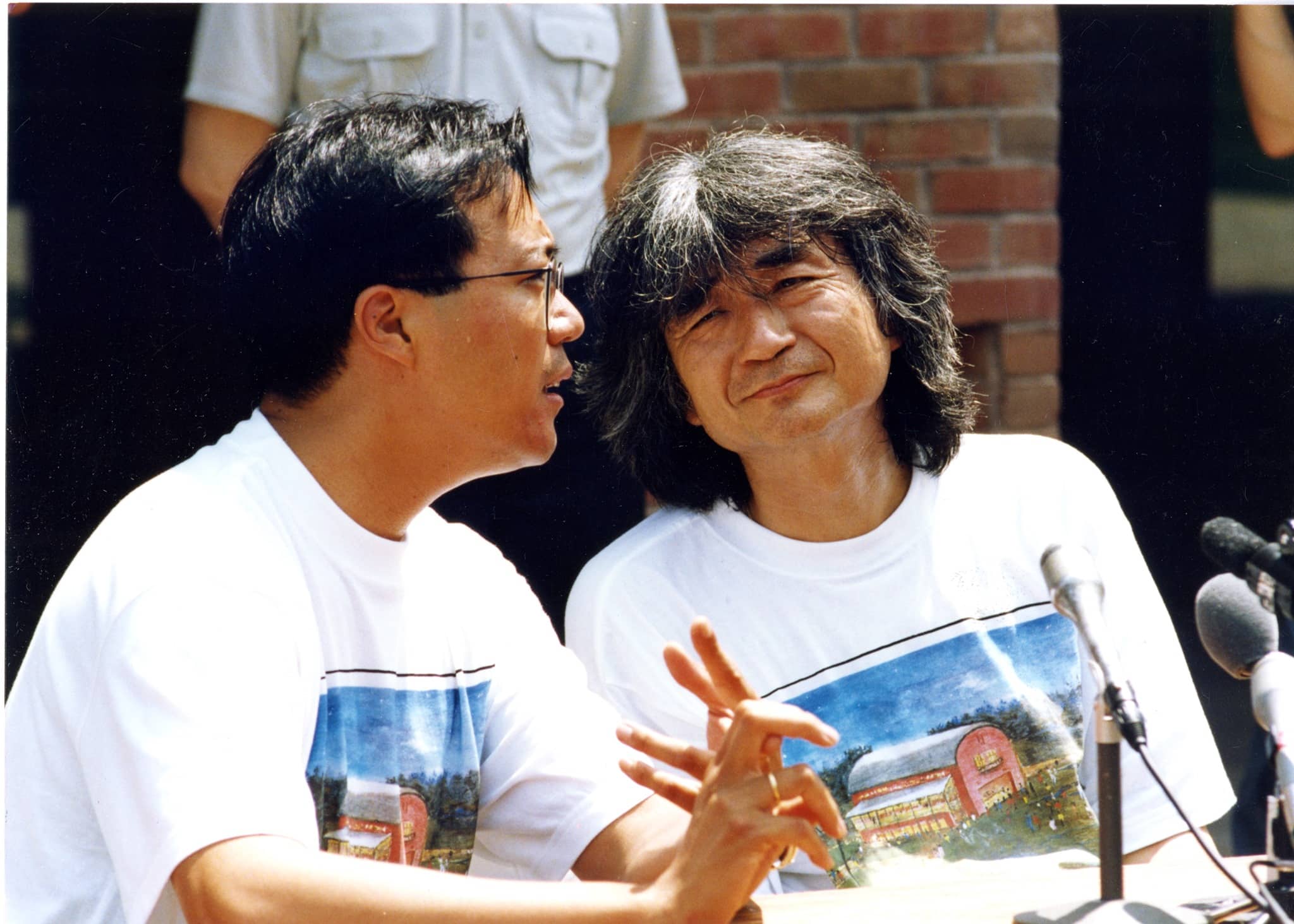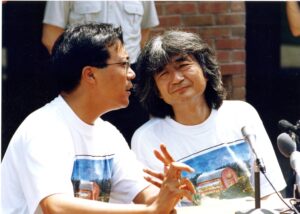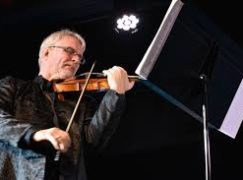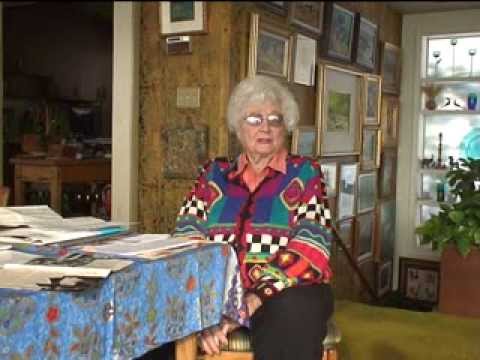Hiding behind the Ozawa enigma
OrchestrasIn my monthly essay for The Critic, I consider the elusive qualities of the late conductor Seiji Ozawa:
… Ozawa refused to live in Boston, raising his family in Tokyo and commuting when required. His English was never more than functional. Most musicians grasped what he wanted; any who protested did not last long. “Those women are making their own graves,” said Ozawa, shrugging off a pair of front-desk dissidents.
He could be pally as Bernstein, callous as Karajan. He conducted mostly without a baton, the better to generate an ethereal ambience. After a concert he could sink six Asahi beers. There were two arrests for driving under the influence…
No music director raised more money for his orchestra. Ozawa acted as a sounding board to the heads of the Sony Corporation, Akio Morita and Norio Ohga, as they bought up half of Hollywood. In return, Ohga donated one-fifth of the $10 million cost of a new Ozawa Hall in Tanglewood and paid another million dollars for the privilege of conducting the Boston Symphony….
Read on here.
Seiji with Yo Yo Ma 1994, BSO Archives / Photograph by Ron Barnell







“The maestro does speak his own special brand of Ozawa-ese, which is not always easy to convert to standard written Japanese,” wrote the frustrated Murakami.
Great quote, I would have led with that.
What does Murakami mean? Is Ozawa not fluent even in Japanese, does he speak a patois of his own pidgin Chinese-Japanese-English-German?
What do the Japanese think of Ozawa? Recall the famous incident in 1962, Ozawa was to conduct the NHK Symphony Orchestra, then aged 27 (same age as Klaus Makela today), some of the orchestra’s musicians thought the young conductor brash or lacked humility and refused to play under him and boycotted.
I recall an interview with someone, quoting Ozawa’s daughter who defended his poor english by saying he “doesn’t really even speak japanese very well!” I’ll never really understand this..
Murakami just means Ozawa had a particular way of expressing himself, even in Japanese (he is fluent, of course)
Ozawa is celebrated in Japan as one of the greatest musicians that Japan has ever produced. Media has been continually paying tributes after his death. Ozawa credits the 1962 incident as the catalyst to his international career, as it pushed him to pursue career opportunities outside of Japan. It was essentially a tantrum thrown by conservative older orchestra members who didn’t like the revolutionary foreign trained young conductor. Ozawa later founded the Saito Kinen Orchestra, which is clearly the best orchestra in Japan, and played in Japan regularly.
I would imagine there was some element of older Japanese musicians – in a culture where elders are generally accorded great deference – not responding well to a brash upstart. And the “prophet being without honor in his home” issue. But as Ozawa got older he would presumably have benefited from the deference to elders, and of course the recognition by other Japanese musicians that he paved the way for them in the West.
Simply not true. I grew up in the conductor triangle in Brookline Massachusetts, with Arthur Fielder next door and Erich Leinsdorf and Seiji Ozawa a few streets over in different directions. I used to see Ozawa’s kids regularly playing occasionally with the conductor on the lawn.
Grew up in Boston and always thought he was quite mediocre in most symphonic music except for Tchaikovsky, better in opera where he rarely performed in the U.S. In any case stayed at the BSO for far too long.
Spot on. Truly subpar in most repertory before 1870, and not a particularly pleasant person
I would love any Ozawa insider to answer this question I have for 40 years: he conducts everything from memory (including a concert Elektra with Hildegard Behrens n Mahler 8th!), but he always have the score in front of him opened to the title page. What’s his thinking on that? A pure security blanket out of habit, or an emergency backup if he anticipates trouble up ahead n he could start flipping pages to the trouble spot in time? Otherwise the score is useless. Has anyone seen him use the score in the middle of a piece?
It is a very common practice, a gesture as homage to the composer and the work. Everyone does it. The enthusiastic ones (particularly when they are on TV) either gesture toward the score at the end during the ovations or bring it to their bosom for the audience to see. It’s showbiz as well.
Similarly, I’m wondering about certain videos I’ve seen where there is just a music stand in front of him, but no score.
Many conductors do this as a sign of respect for the composer. Not that they need to have the score as a visual tool but as a reminder that they did not actually write the music themselves.
Security blanket/ personal good luck ritual …
Haruki Murakami’s Conversation with Ozawa is a good read about music makin with lots of anecdotes about the industry.
‘There were two arrests for driving under the influence…’ Unsurprising after reading when he was in charge of Ravinia, Ozawa would drive down daily after concerts to the south side of the city for concerts in Jazz bars and drive back late night
Love the Murakami book. As for the DUIs, a little detail or documentation would have been appropriate when making such a claim.
Other Eastern Asian conductors with Ozawa’s name recognition — Myung Whun Chung, Kent Nagano, Elim Chan, to name a few.
Except that Kent Nagano is fully American – born and raised in California.
Kent Nagano is an American conductor, born in US and raised/educated in US, even his race is Japanese. The same way that Leonard Bernstein is called an American conductor, not a Jewish or a Russian conductor (both his parents immigrated from Russia). Nagano is actually a third-generation Japanese American.
Agreed, also probably very few native Japanese with a first name like “Kent”.
“Show, don’t tell”.
“Let the music do the talking”.
For better or worse, it’s a sensibility and approach to music that’s found far too infrequently in the social media culture-oriented world we inhabit these days. If you could hear the music, there was nothing left that needed to be said.
“his discography is modest, fewer than 50 releases”.
Ozawa recorded 50 albums for DG alone and at least as many again for Philips and Decca; 25 for EMI/Warner as well as an extensive number on Columbia, RCA, Telarc and Sony Classical. He may not have been as prolific a recording artist as Karajan or Solti but from his first album in 1962 until the last in 2019 Ozawa created a substantial recorded legacy.
I studied with a former NY Phil Principal that was in the orchestra during the Bernstein era when Seiji was the assistant conductor. He and the other veteran orchestra members really wondered why Ozawa was there as, in terms of capabilities, he was far from being a legend.
Try to look past personas, folks.
Conducting is more about charisma than technical capabilities. For each detractor, there were many more BSO players who liked Ozawa.
Referencing your The Critic article, surely Ozawa made more than 50 recordings. Hundreds are listed in various CD databases. And he owned a home in West Newton, Mass, with a swingset for his kids. (Not sure what constitutes the exact meaning of “living” somewhere, for those with mobile careers.) He was a huge Red Sox fan, and even conducted the famous 2013 Brass-off video against St. Louis. I didn’t realize the BSO had slipped behind LA and Philly. Cleveland is an acquired taste and great for those who love that kind of playing. With Tanglewood and the Pops, the BSO is surely America’s best example of how to monetize and popularize classical music. More power to them.